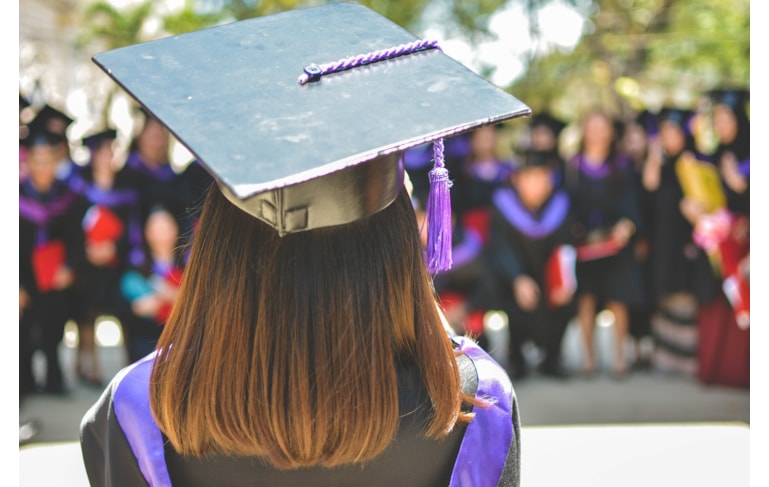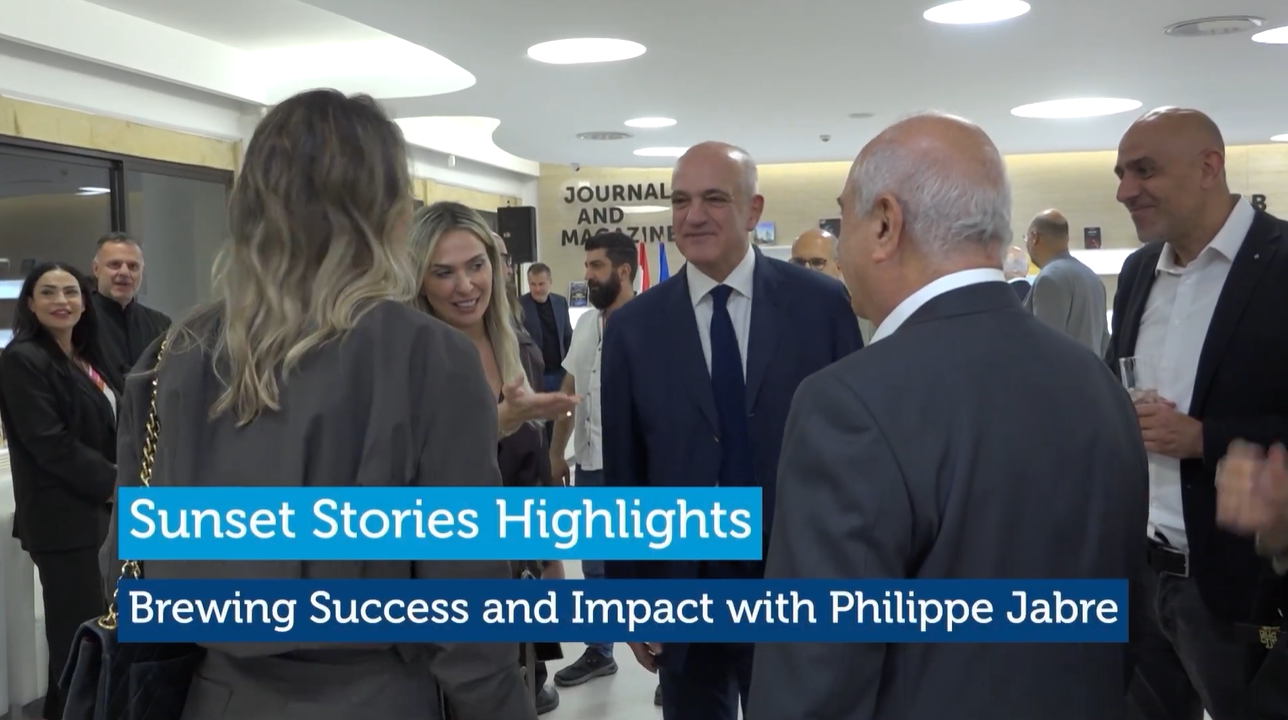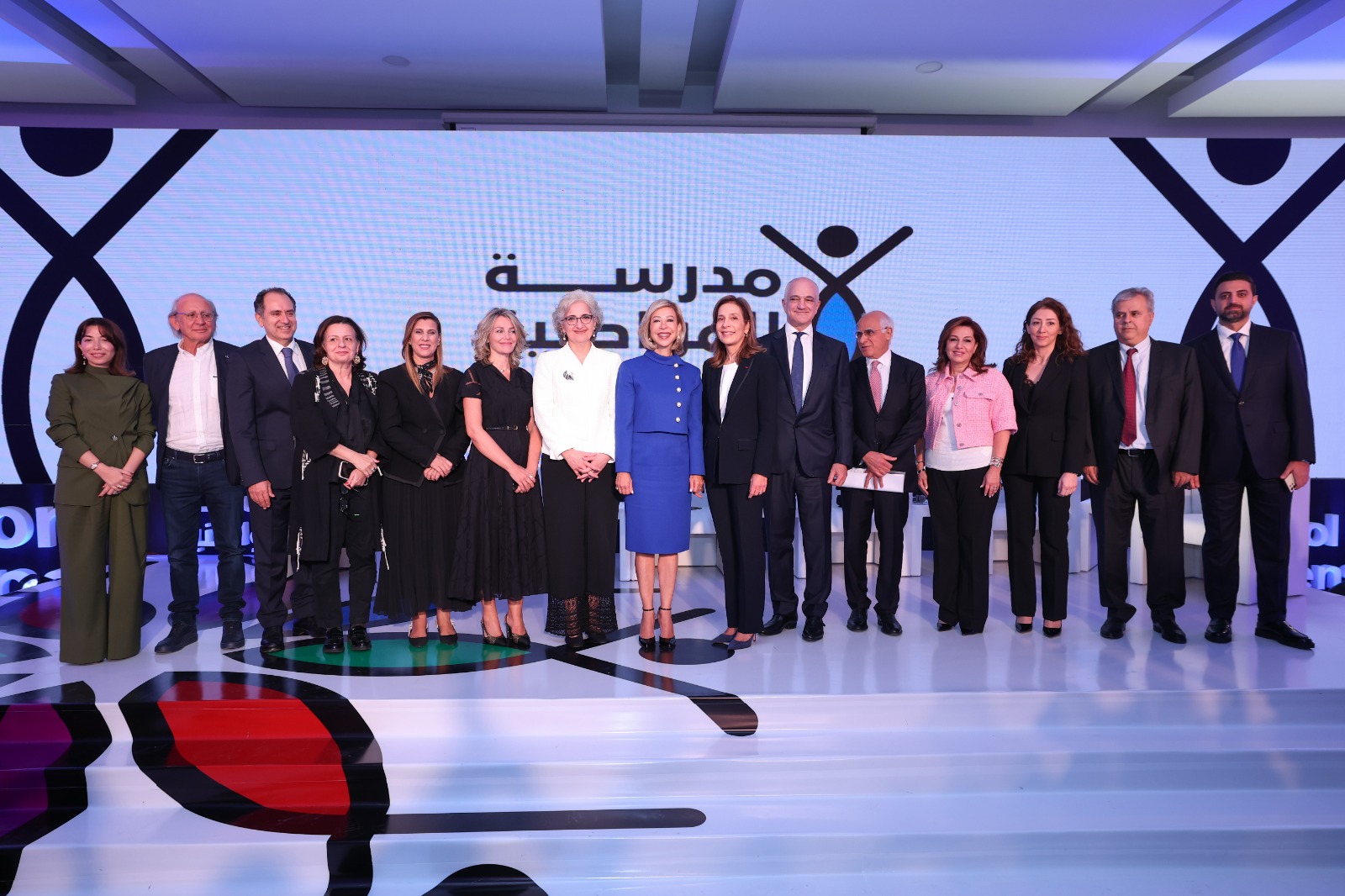
It’s mid-February, and the scholarship programme at the Association Philippe Jabre (APJ) is once again open to applicants.
The APJ philosophy underpinning its scholarship and school funding, is that every person should have a fair chance to improve their life, whatever the personal circumstances.
At the end of last year, the OECD published its latest PISA results (Programme for International Student Assessment), comparing the abilities of 15 year old students in reading, math and sciences across 79 countries.
Out of the six Arab countries that took part, five appeared in the bottom third, including Lebanon.
Lebanese students scored lower than the OECD average in reading, mathematics and science.
Andreas Schleicher, creator and director of the PISA programme, is reported to have said that among the regions of the world, the Arab region “probably has the longest way to go to improve”.
Educational outcomes are the result of multiple interlinked factors, from teaching quality and facilities, to interpersonal relationships, and government policies. One of the key reported factors is students’ socio-economic background.
In the PISA 2018 assessment, across all countries, socio-economic status was a strong predictor of performance in mathematics and science. In Lebanon, for example, students from socio-economically advantaged backgrounds outperformed disadvantaged students in reading.
But it’s not black or white.
The assessment showed that in Lebanon around 9% of disadvantaged students were able to score in the top quarter of reading performance, demonstrating that disadvantage does not necessarily predict one’s potential nor destiny.
It is also worth noting that in countries which scored above the OECD average, this percentage was higher – more than 13% of disadvantaged students were academically resilient.
Low levels of education and access to education has a direct negative impact on economic prosperity and on poverty reduction, according to a UNESCO study in 2017. If all adults received just two more years of schooling or completed secondary school, it would lift nearly 60 million people out of poverty globally.
Indeed, the United Nations Sustainable Development Goals for 2030 advocate for inclusive and quality education as a means for improving quality of life and social outcomes.
One of the ways of providing quality education is through educational scholarships, which the APJ does every year. Since 2001, just over 2,000 promising and high-achieving students in difficult financial and socio-economic situations received funding to study towards their graduate or post-graduate degrees.
Of course, enabling equal access to education does not mean that there will be equal outcomes. But it is vital to give a fair chance to start or continue their educational journey, whatever the socio-economic status, gender, faith or ethnicity.
The PISA 2018 results further reinforce the APJ’s mission to alleviate the financial burden borne by some Lebanese, and to help young people access schooling and higher education. We want to give young people the opportunity to reach higher, and to succeed.
Education can be the key to a brighter future. As each one of us succeeds, we should use our personal gains to help others to create sustainable development and peace.
“I want to give them the chance I had to be able to pursue higher education which has been key to my professional success.” – Philippe Jabre


